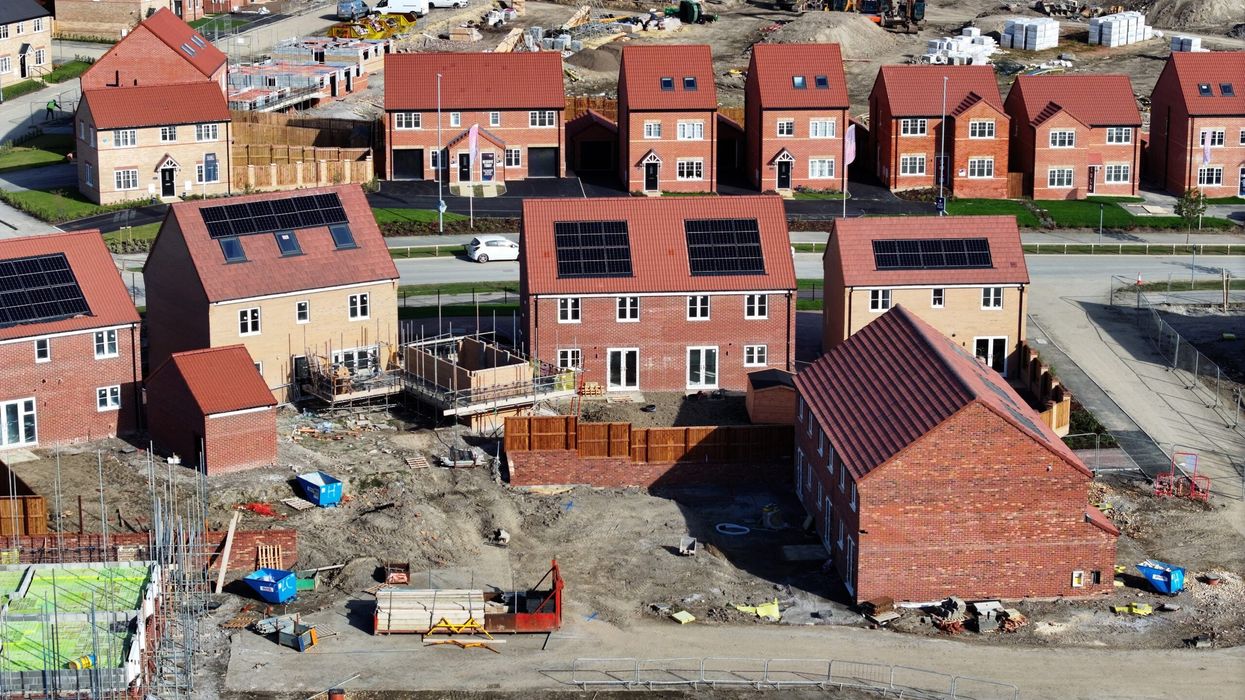“SOCIAL cohesion is not the absence of riots.”
John Denham put that central point pithily at the ‘After the Riots’ cohesion summit last week.
Rather, the test of a more cohesive society would be one where most people have a stake, feel that their voice counts equally with others, and are confident that Britain is a nation which can handle differences through dialogue, the former communities secretary proposed.
Britain is a more divided, more fractious and more anxious society than that. If most of us would agree that more social cohesion would be valuable, how would we go about trying to get more of it?
That was the challenge for policymakers and practitioners at the summit, jointly convened by British Future, the Belong network and the Together coalition, hosted by the Quakers at Friends House in London.
Those six days of rioting this summer tested a brand new government, whose focus on visible policing and rapid prosecutions quelled the violence quickly. Having been tough on disorder, could the government get tough on the causes of disorder too? There were one-off grants – totalling £15 million – to towns and cities affected by the disorder, while a new cabinet committee considered the many cohesion challenges which cut across departmental lines.
The central policy conundrum for government is to identify its own role. Social cohesion cannot be delivered from Whitehall or Westminster. It happens – or becomes frayed – in the places where people live.
But local goodwill is unlikely to have a sufficient, consistent or sustained impact on cohesion without being embedded in a strategy that identifies, articulates and implements the key national foundations that facilitate local ownership and action.
That was an argument accepted by faith minister, Lord Khan of Burnley, in critiquing the policy history of successive governments as involving too much “muddling through”.
There had, he noted, been a pattern of serious disorder recurring about once a decade. “Without a sustained focus on community cohesion – to address the “root causes of division and discontent” – we will fail to break the cycle”, the minister warned.
What those root causes are, which to prioritise and how to address them, are politically contested questions. The foundations of a future cohesion strategy depend in large part on how a government answers it.
The absence of further violence cannot be guaranteed. Southport MP Patrick Hurley spoke soberly of the risks of learning too little from the summer, “a dangerous and combustible time”, with future flashpoints to navigate. Unfounded rumours are again swirling around – largely unchecked – on major social media platforms. Hotels housing asylum seekers remain potential targets.
So one missing pillar of an effective national approach would be effective tension monitoring. Former counterextremism commissioner Sara Khan argued that governments should have anticipated the disorder, but lack a strategic approach to cohesion and resilience risks. A police van was set on fire six months earlier outside an asylum hotel in Knowsley. A report into the Leicester disorder of September 2022 is expected imminently – after some reluctance to explore the causes and lessons even after the event.
A cohesion strategy needs to be an “everywhere” agenda. Southport would not have been on anybody’s priority list of cohesion risks prior to July’s tragedy. Yet, only a small number of councils have long-term plans or programmes to address fraying social cohesion. The psychological impact of this summer’s racist violence spread fear far beyond those towns where violence did break out.
The government has several policy challenges – it needs to update strategies on extremism, on hate crime, on its engagement with faith and belief – while putting in place the missing foundations of a strategy to take antiMuslim prejudice seriously. Can it also offer an account of how these strands fit together?
The new government – now five months old – is clear about how it does not want to talk about identity. It hopes to reduce the volume and temperature. It may be beyond its power to “call off” the so-called culture wars, but it hopes not to fuel them. It is wary of offering its own narrative, governing in an era of low trust where there is scepticism of grand visions.
Yet, a successful agenda for social cohesion does depend on telling a story about the future of this country – to ground an account of the respective roles and responsibilities of government and other civic partners.
2025 will be the year that decides whether sustained action on cohesion in this parliament digs deeper than responding to future flashpoints. Next July, the government marks a year in office – with the anniversary of the 2024 riots hot on its heels.
The cohesion test for the government at that point cannot be the mere absence of violence – but how far it has filled the cohesion policy gap with a practicable roadmap for sustained change.
(The author is the director of British Future)




‘Ministers must unveil vision for bridging societal divides’
Strategy needed to prevent recurrence of summer violence, says expert